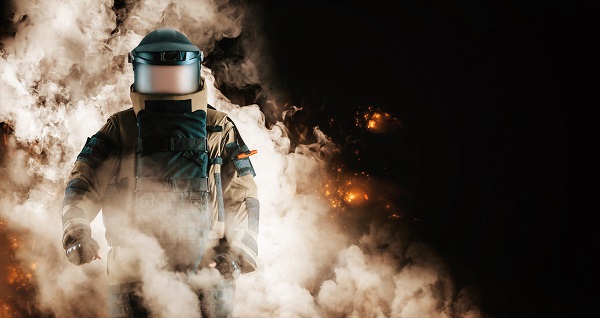Mining emergencies are operational or environmental hazards that occur during mining. Having a readily available and effective emergency response system is essential to the safety of miners and the provision of a safe working environment.
Such procedures will better protect workers, families, and the community from hazards.
Problems Facing Mining Safety And Administration
Aside from the difficulties of building proper underground refuge chambers for miners, mining companies have issues with emergency skills and training. Some of these issues include:
- Poor Communication
Many times, in the bid to save costs, mining firms are not equipped with adequate communication tools to help them stay in touch with their workers and surface personnel. Due to a poor communication system, miners cannot relay necessary messages to the proper personnel during emergencies. The result is detrimental to health and safety.
- Improper Training
Though miners receive emergency preparedness training, it doesn’t put them in the best positions to respond effectively to emergencies. They’re equipped with poor safety tools and lack technological safety measures. For efficiency, modern mining firms outsource training to third-party agencies.
- Stress
Being stressed can make workers lose their sense of accurate judgment. It can also inhibit them from making goal-oriented decisions during moments of disaster. Under stress, miners find it difficult to assess the pros and cons of conscious choices. This indecision affects their health and safety choices.
Ways To Improve Safety And Emergency Responses
Underground mining operators can improve mining safety and emergency responses by adopting the following measures:
- Provide Emergency Response Plan
The first process is an emergency plan that details the risk processes, management, and eventual solutions. Mining companies can do this by establishing an emergency panel of miners that draws up the plan. Alternatively, they can outsource to security and safety agencies.
The purpose of a plan is to roll out detailed instructions to workers in an emergency. It also includes equipping workers with emergency-related devices containing the most crucial response information at their fingertips. With these devices, they can access evacuation procedures and escape directions rapidly.
- Provide Situation-based Training
While classroom training with imaginary disaster scenarios can equip miners with theoretical knowledge, a situation-based activity that exposes them to real disaster situations provides them better with the right skills they need to handle real-life disasters.
Safety agencies can achieve this by providing facilities that simulate incidences close to real-world emergencies. It will allow mineworkers to practice escape with realistic scenarios. The innovation will also help to complement classroom training with field experience.
- Establish Effective Communication System
Mineworkers have a greater chance of managing emergencies effectively when proper communication systems are implemented. Communication shortcomings put miners at the risk of not getting heard when they need to the most.
Thus, mining safety and emergency responses can be improved by equipping coal mines with wireless communication devices that’ll enhance the speed and clarity of communication. By doing so, surface response personnel can quickly get emergency messages and respond in real-time, reducing the time it takes to implement a rescue mission.
- Improve Industry Safety Standards
Safety standards indicate the quality of safety practices allowed by regulating bodies. These standards help put mining companies in check and ensure they provide the safest and most secure working conditions for workers.
Therefore, mining companies must comply with industry rules and regulations to tighten emergency preparedness. An improvement in safety measures and facility standards will lead to a timelier and effective response system within the company.
- Providing Refuge Alternatives
Even when escape seems the best option for mineworkers during an emergency, finding an escape route may not always be possible. In certain extreme situations, workers have to see other alternatives asides escape.
In such cases, refuge alternatives become a viable option. These alternatives require operators of underground coal mines to provide alternative safety options for miners during an emergency. That way, they can protect them from events that make escape impossible.
- Improving The Quality Of Available Rescue Teams
Effective rescue teams are instrumental to having a successful rescue mission. With well-trained personnel readily available to provide rescue services, mineworkers can get timely emergency responses that mitigate risks and prevent extreme casualties. To enhance their effectiveness, rescue personnel should be equipped with adequate and advanced rescue equipment to deliver comprehensive rescue services.
Conclusion
Mineworkers deserve to be safe when doing their job. In emergency cases, they should be equipped with the necessary resources to ensure safe escape and evacuation. While mining companies naturally have emergency procedures in place, the measures recommended in this article will enable them to cater to unforeseen mining hazards more effectively.
Also Read
- 4 Ways To Improve Construction Productivity On-Site
- 8 Benefits of Using a Construction Estimating Software for your Construction Projects

